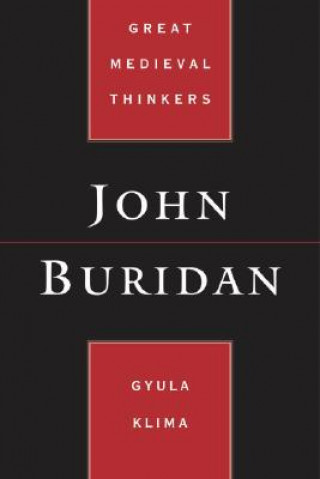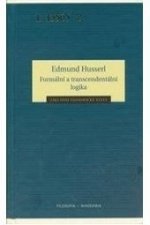
Doručení
Nákupní rádce





Nehodí se? Vůbec nevadí! U nás můžete do 30 dní vrátit
 Dárkový poukaz
V libovolné hodnotě
Dárkový poukaz
V libovolné hodnotě
S dárkovým poukazem nešlápnete vedle. Obdarovaný si za dárkový poukaz může vybrat cokoliv z naší nabídky.
John Buridan
 Angličtina
Angličtina
 143 b
143 b
30 dní na vrácení zboží
Mohlo by vás také zajímat


This is a brief, accessible introduction to the thought of the philosopher John Buridan (ca. 1295-1361). Little is known about Buridan's life, most of which was spent studying and then teaching at the University of Paris. Buridan's works are mostly by-products of his teaching. They consist mainly of commentaries on Aristotle, covering the whole extent of Aristotelian philosophy, ranging from logic to metaphysics, to natural science, to ethics and politics. Aside from these running commentaries on Aristotle's texts, Buridan wrote influential question-commentaries. These were a typical genre of the medieval scholastic output, in which the authors systematically and thoroughly discussed the most problematic issues raised by the text they were lecturing on. The question-format allowed Buridan to work out in detail his characteristically nominalist take on practically all aspects of Aristotelian philosophy, using the conceptual tools he developed in his works on logic. Buridan's influence in the late Middle Ages can hardly be overestimated.His ideas quickly spread not only through his own works, but to an even larger extent through the work of his students and younger colleagues, such as Nicholas Oresme, Marisilius of Inghen, and Albert of Saxony, who in turn became very influential themselves, and turned Buridan's ideas into standard textbook material in the curricula of many late medieval European universities. With the waning of scholasticism Buridan's fame quickly faded. Gyula Klima argues, however, that many of Buridan's academic concerns are strikingly similar to those of modern philosophy and his work sometimes quite directly addresses modern philosophical questions.
Informace o knize
 Angličtina
Angličtina
Kategorie




 Jak nakupovat
Jak nakupovat


























